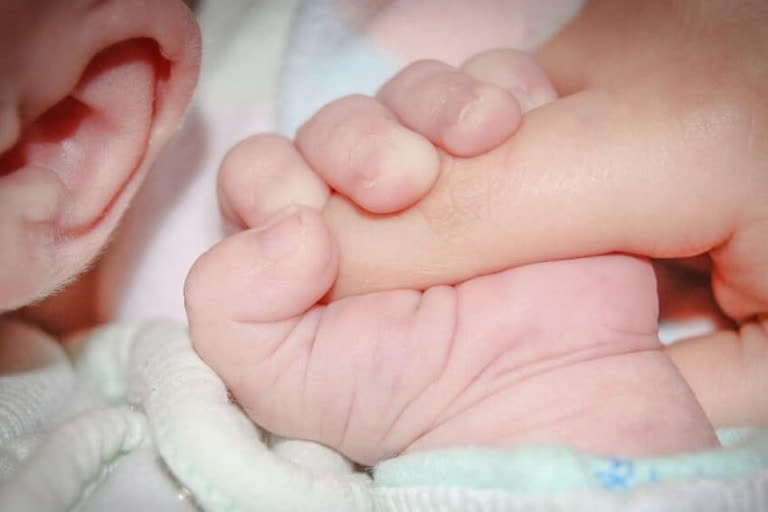The Nilgiris (TN): A young tribal mother from the Nilgiris had to depose before the Madras High Court, within months of delivering a baby, to secure the release of her husband jailed under the POCSO Act a few years back. She got pregnant when she was 18 years old and based on her testimony the court quashed the case, but not before she and her parents as well as in-laws had to endure the trauma. With her husband in prison, her in-laws have gone into hiding fearing arrest and she was left to fend for herself with the newborn.
In Tamil Nadu, the Nilgiris account for the largest concentration of tribals. The tribal communities in the hill district include Todas, Kotas, Irulas, Paniyas, Kurumbas and Kattunayakas, each with distinctive practices, but child marriage is the norm among all of them. No wonder, there is a high number of POCSO cases in these communities. They haven't yet heard of online matrimony or dating through Instagram and Tinder.
Hardly a week passes without a tribal youth being arrested under this statute, invoked mechanically. Recently 27 youths who have entered into wedlock after cohabitation have been arrested and imprisoned under POCSO. In the last 11 years, the number of detained youth has gone up to 150 and of them, only five have been freed. In the eyes of the authorities, who are not aware of the distinctive culture of the Adivasis, these youth are violators of the law and hence to be booked and proceeded against. However, for activists and leaders of tribal communities, it is a misplaced notion.
As such, the Adivasi communities feel that the law should be an enabling instrument when they are making a beginning to enter the mainstream. “Slowly, 18 years is gaining acceptance as the marriageable age. While tribal welfare schemes like free patta for houses, healthcare and education are not given priority and the necessary thrust, POCSO is being used to hunt them down,” bemoan activists like Malaichamy.
Though the parents and relatives manage to keep the marriage under wraps, it gets exposed when they go to the hospital for childbirth. The Aadhaar card reveals the date of birth of the expecting mother and on information provided by the hospitals, cases are booked and arrests are made. “Now, parents are apprehensive about sending their wards to schools. They dread that their boys might be arrested if the children fall in love and get married. The lives of the families concerned might be devastated. For them, POCSO is a villain,” says Malaichami.
“Centuries-old cultural practices of the tribal communities cannot be changed through stringent laws and high-handed police action. There is a need to create awareness among these people, who do not have adequate knowledge about POCSO and its relevance,” reasons activist Preethi, emphasizing the need for a more humane approach.
“POCSO has room for misuse and employing it mechanically is now being widely discussed,” argues Vijayan, the advocate who successfully conducted the case of the youth arrested under this act. “The girl got conceived when she was about to complete 18 years of age. At the hospital, where she was admitted for delivery, her Aadhaar card reveals her age. Subsequently, her cases under POCSO and Child Marriage Act were registered against her husband, parents, and in-laws. The husband was lodged in prison while three others hid to evade arrest. Imagine the plight of the teen mother who was left with no support. We approached the High Court against this and the testimony of the teen mother, the court quashed the case,” he explains to show the uncritical use of the statute, brought to prevent abuse, has become haunt the tribals.
Here it is pertinent to note the word of caution by Justice Jasmeet Singh of Delhi High Court. “...the intention of POCSO was to protect children below the age of 18 years from sexual exploitation. It was never meant to criminalise consensual romantic relationships between young adults,” he said while granting bail in a POCSO cum rape case last November. It is hoped the tribals would be spared of the rod.


